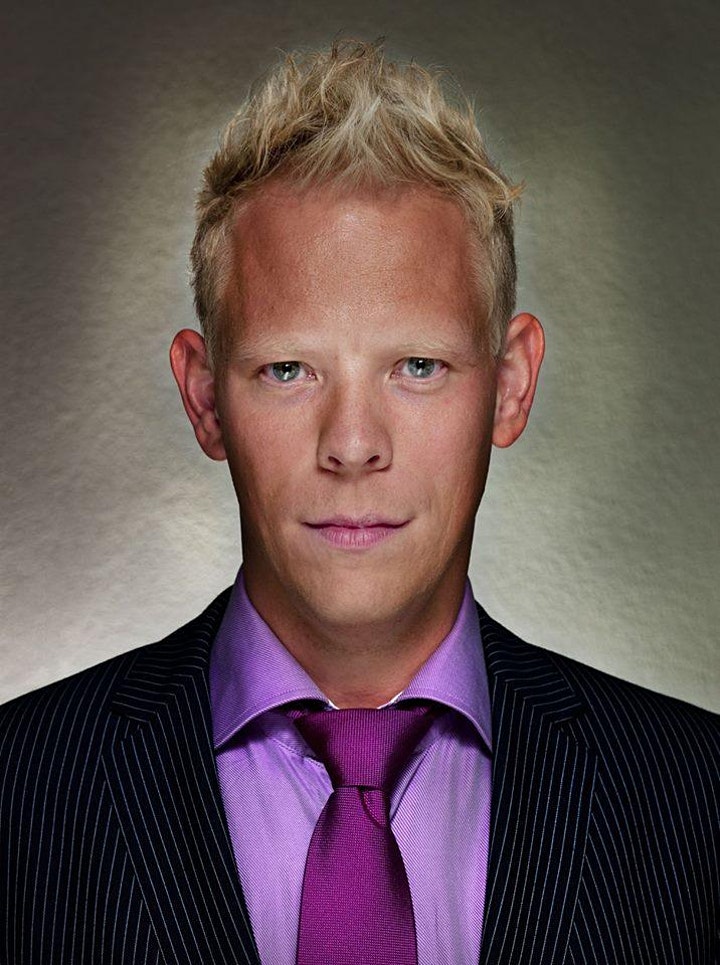The Psychology of Political Action Part 3:
Treating Victims of War, Oppression and Trauma, and Preventing Activist Burnout: A Step-by-Step Guide to Creating Psychological and Social Resilience for Individuals and Groups
Today, two billion people are directly affected by conflict, violence or wars. 84 million people have been forced to flee their homes. One in five individuals in conflict zones experiences severe mental health prbolems. Even more people are more subtly psychologically impacted, and feel for example uncertain, unsafe and stressed about their political and social situation. How can individuals build psychological and social resilience to deal with these social and political threats and violence? How can laymen and mental health professionals help them? How can socal movements and political campaigns look after their own activists and prevent that their participants get traumatised or develop activist burnout? This lecture introduces some key answers to these questions, based on empirical psychological research.
The first part of this lecture describes the impact of social and political threats and violence. The second part describes the role of trauma and post-traumatic stress disorder in situations of political and social conflict and violence. This will particularly focus on how traumatised individuals may develop automatic body responses which may worsen their situation; for example, a victim traumatised by police violence may have an angry outburst towards police officers due to their post-traumatic stress disorder, which may aggravate their situation. To stop conflicts, it is important to stop the vicious cycle of mutual traumatisation. The third part describes how individuals can develop resilience, for example via psychological techniques, and focusing on what is meaningful in life. This will include some practical examples that can be directly used in practice. The fourth part gives an overview of psychological first aid in conflict zones, as described by the United Nations. The fifth part will give some examples of other psychological interventions and treatments. The sixth part offers recommendations how social movements and political campaigns can prevent their participants getting traumatised, build resilience, and offer mental health support.
Course Content
Presenter

Dr Joel Vos PhD MSc MA CPsychol FHEA is a psychologist, philosopher, author, researcher, lecturer, and existential therapist. He works as Senior Researcher and Senior Lecturer at the Metanoia Institute in London, United Kingdom. His research focuses on topics around meaning in life, social justice, social movements, social and political change, and the effectiveness of humanistic and existential therapies. He is director of the IMEC International Meaning Events & Community which organises annual conferences, workshops, training, and cultural events (meaning.org.uk). He has over 100 publications, including the books ‘Meaning in Life: an evidence-based handbook for practitioners’ (MacMillan, 2017), ‘Mental health in crisis’ (Sage, 2019), ‘The economics of meaning in life’ (University Professors Press, 2020), and ‘The psychology of COVID-19’ (Sage, 2020).


